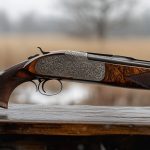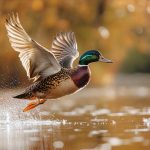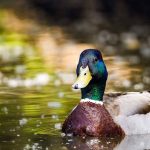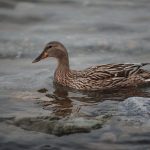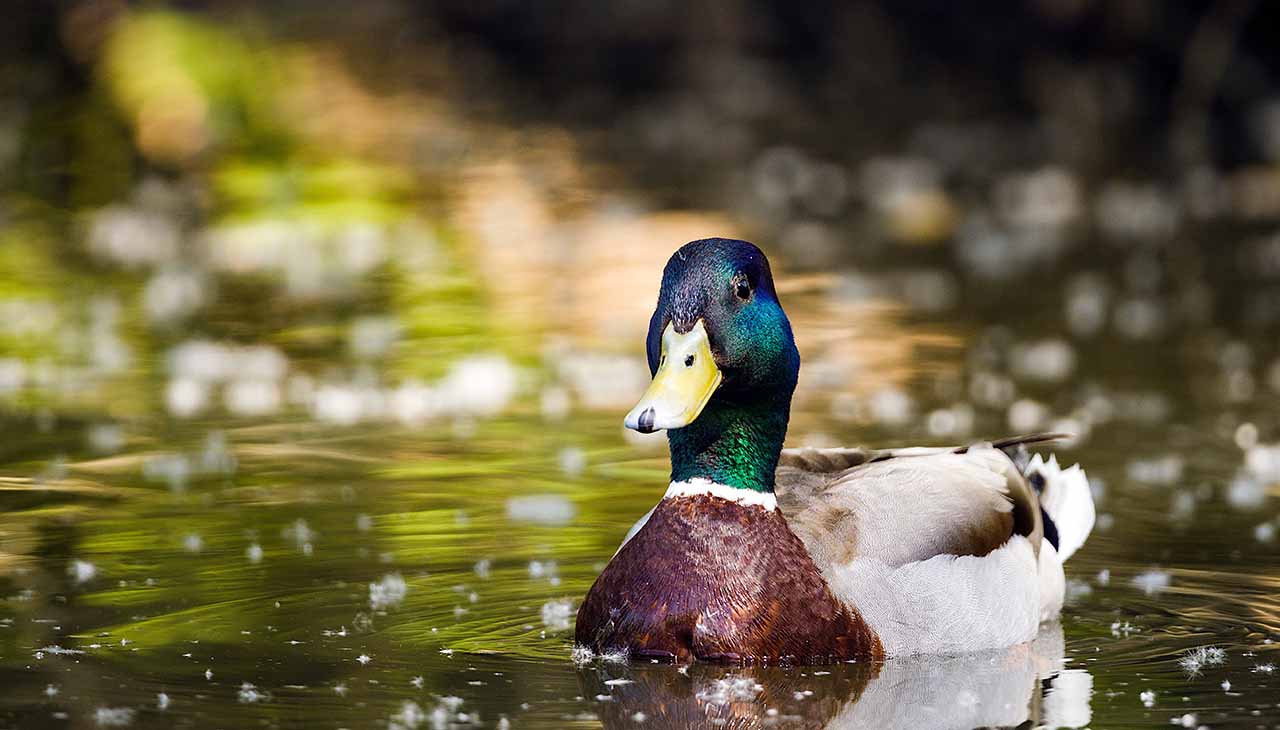When it comes to bird hunting, having the right guide can make all the difference between a rewarding experience and a disappointing one. A good bird hunting guide not only ensures you are in the right place at the right time, but also provides invaluable insights about the terrain, the behavior of the birds, and safety measures. Whether you’re a seasoned hunter or a beginner, here are five key considerations to keep in mind while choosing a bird hunting guide.
Experience and Expertise
The experience and expertise of your guide are paramount. A seasoned guide will have spent years honing their craft, learning the nuances of the land, and understanding the behavior of the game birds you are seeking. They should have a thorough knowledge of the bird species in the area, their habitats, and migration patterns. It’s imperative that your guide can differentiate between legal game birds and protected species. Their expertise should also extend to safety – they need to be well-versed in handling firearms, emergency procedures, and first aid. Remember, a guide’s experience isn’t just about years in the field – it’s about relevant, quality experience that contributes to a safe and successful hunt.
Reputation and Reviews
Equally important is the guide’s reputation within the hunting community. Read reviews from past clients to get a sense of their experience, reliability, and professionalism. Key factors to look for in reviews include punctuality, knowledge about bird behavior, communication skills, and how well they handled unexpected situations. Reputable guides will also have a list of references you can contact. Additionally, check if they have any affiliations with professional hunting organizations or certifications from trusted bodies. Remember, a guide with a strong reputation is likely to provide a high-quality hunting experience.
Services and Packages
The services and packages offered by bird hunting guides can widely vary, so it’s essential to understand what’s included (and what’s not) in your chosen package. Some guides may offer all-inclusive packages that include accommodation, meals, hunting gear, and transportation, while others might only provide the basic guiding service. It’s important to clarify these details beforehand to avoid any surprises. Look for packages that match your needs, preferences, and budget. Are you looking for a multi-day hunting trip with lodging, or just a day trip? Do you need gear rentals, or will you bring your own? Additionally, inquire about the guide to hunter ratio. A smaller ratio means more personalized attention and guidance, but it might come at a higher cost. Always remember, the goal is to find a package that offers good value for your money, while ensuring a safe and enjoyable hunting experience.
Accessibility and Location
The geographical location and accessibility of the hunting area is another crucial factor to consider. If you’re traveling from afar, consider the ease of reaching the hunting area, any travel costs, and the feasibility of bringing your gear. The location should ideally be in a region known for abundant bird populations, increasing your chances of a successful hunt. However, it’s also important to consider the terrain difficulty. If you’re a novice hunter or have certain physical limitations, a hunting area with a rugged and challenging terrain might not be suitable. Always ask the guide about the nature of the terrain, and ensure it aligns with your physical capabilities and comfort level. Remember, a hunting trip should be enjoyable and not lead to undue stress or strain.
Communication and Compatibility
The ability of your guide to communicate effectively is vital for a successful hunting trip. They should be able to convey safety instructions, hunting strategies, and bird behaviors. You should feel comfortable asking questions and expressing any concerns. The guide’s communication style should align with your preference – whether that’s a more hands-on approach, or offering advice from the sidelines. Compatibility is another key aspect. You’ll be spending a significant amount of time with your guide, so your personalities must mesh well. During your initial interactions, assess if you feel comfortable with them. Do they seem patient, enthusiastic, and respectful? Remember, an open line of communication and a good personal connection with your guide can greatly enhance your hunting experience.
Conclusion
In conclusion, selecting the right bird hunting guide is an important step in planning a successful and enjoyable hunting trip. Key considerations include the guide’s experience and expertise, their reputation within the hunting community, the services and packages they offer, the accessibility and geographical location of the hunting area, and their communication style and compatibility with you. By carefully evaluating these aspects, you can ensure a rewarding hunting experience that not only fulfills your hunting goals, but also aligns with your personal preferences, physical capabilities, and budget. Remember, a well-chosen guide can greatly enhance your bird hunting adventure, turning it into a memory you’ll cherish for a lifetime.
